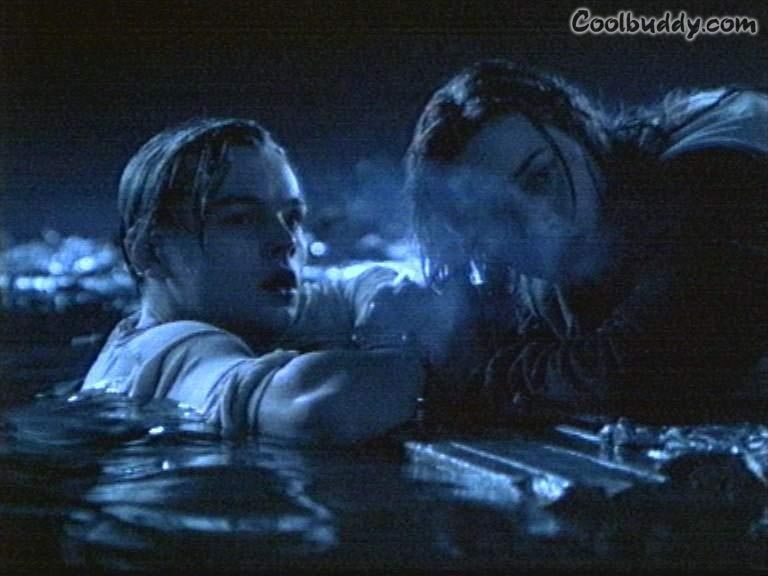who scribbled all night rocking and rolling over lofty incantations which in the yellow morning were stanzas of gibberish,
In a late-night, sleep deprived state, it seems like there is great meaning in the words, enough for it to act out some purpose, to perform some magic spell. This hope and self-belief is reduced to disappointment when sleep provides reemergence into the real world; into "yellow" cowardice and oppression. Words are reduced to "giberish" without the intoxicant of subjectivity. The early hours of the morning provide the same solace as the woods do in Robert Frost's "Stopping By Woods", they are both "lovely dark and deep". Once the morning light returns and the veil is lifted, societies' pressures and the social consciousness of the poet returns. The would-be poet remembers they are deemed mad by society and therefore incapable of anything but "gibberish".
 The line “Consider Phlebas, who was once handsome and tall” is written in the past tense; this cautionary tale confirms the prophecy of Madame Sosostris, who previously draws the ‘drowned sailor’ card. This renewal of faith-ability may represent a wider renewal in Eliot’s psyche. In The Waste Land, the characters are not the only aspects trapped in an interim stage; language and mythology too has become “a heap of broken images”, awaiting death or resurrection. Here in Death by Water, through allowing the historical figure of Phlebas to die, Eliot consoles himself in his abilities as a poet to enter the great Western poetic tradition. This section is a turning point in the poem, following after the all-important pre-cursor ‘The Fire Sermon’; where following from the Buddhist ritual of liberation from suffering through sensory detachment Eliot completes the modernist process of ‘cleansing’ and purifying words and language.
The line “Consider Phlebas, who was once handsome and tall” is written in the past tense; this cautionary tale confirms the prophecy of Madame Sosostris, who previously draws the ‘drowned sailor’ card. This renewal of faith-ability may represent a wider renewal in Eliot’s psyche. In The Waste Land, the characters are not the only aspects trapped in an interim stage; language and mythology too has become “a heap of broken images”, awaiting death or resurrection. Here in Death by Water, through allowing the historical figure of Phlebas to die, Eliot consoles himself in his abilities as a poet to enter the great Western poetic tradition. This section is a turning point in the poem, following after the all-important pre-cursor ‘The Fire Sermon’; where following from the Buddhist ritual of liberation from suffering through sensory detachment Eliot completes the modernist process of ‘cleansing’ and purifying words and language.
 :'(
:'(